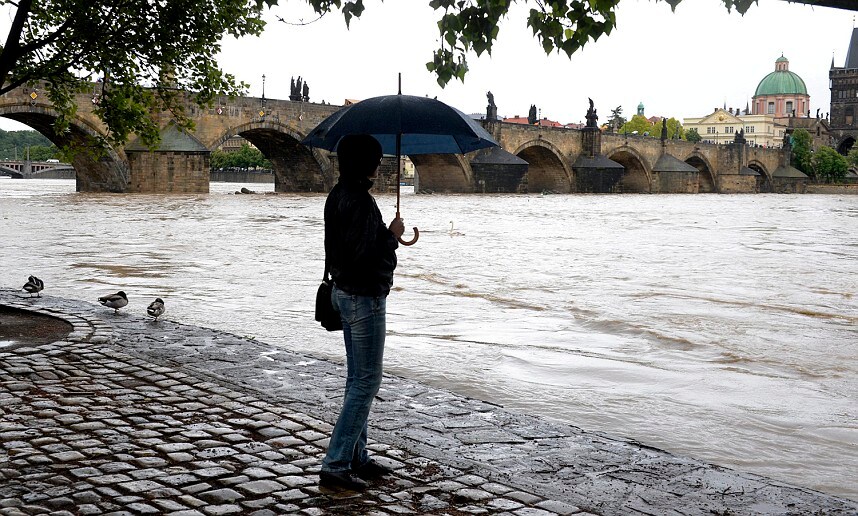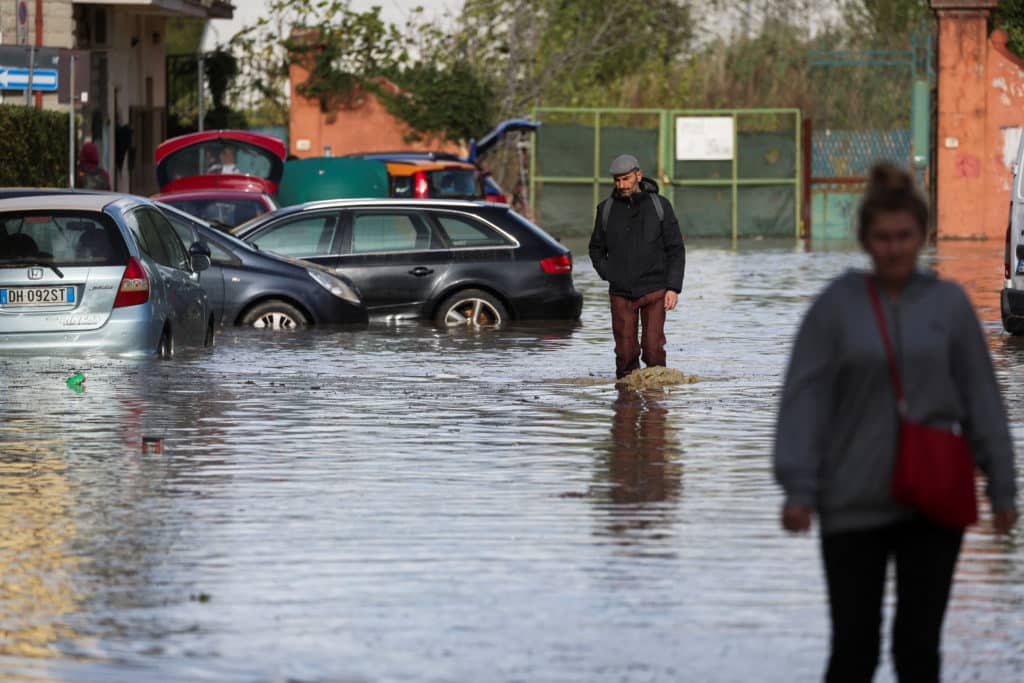Central Europe is preparing for potentially severe flooding as heavy rainfall is forecasted across the region. Workers in Prague have been busy closing floodgates on the River Vltava, while sandbags are being prepared in Austria, and reservoirs have been emptied in the Czech Republic.

Flash floods are expected in Poland, where Prime Minister Donald Tusk has advised residents to remain calm despite predictions of up to 15 cm (6 in) of rainfall in four southern provinces.
In Austria, heavy rain and snowfall in the mountains have already caused travel disruptions. Chancellor Karl Nehammer announced that the army is on standby to deploy up to 1,000 soldiers if needed. The Czech capital is taking preventive measures after experiencing devastating floods in 2002, which left lasting memories of flooded metro stations and evacuations.
On Friday morning, a heavy steel gate was closed to protect the historic Mala Strana district of Prague. This gate is part of a nationwide flood defense system that has cost over €1 billion (£845 million) to develop, aimed at preventing disasters similar to those of 1997 and 2002.
While Prague hopes to avoid the worst impacts, attention is shifting to central and eastern parts of the country, particularly North Moravia, which suffered significant casualties in past floods. The Jeseniky mountains could see as much as 400 mm of rain over the next three days, which may lead to downstream flooding in Poland.

In Poland, Tusk reassured the public after attending an emergency services briefing, emphasizing that forecasts are “not overly alarming.” The territorial army is on standby, with millions of sandbags stockpiled in preparation for localized flooding.
In Austria, the Geosphere federal institute reported that this August was the hottest on record, leading to warnings of 10-20 cm of rainfall in the coming days. Some areas may exceed 20 cm, particularly in mountainous regions. The Austrian storm warning center has indicated that previous monthly rainfall records could be surpassed within just a few days.
Railway services in Austria have advised passengers to postpone non-essential travel due to the weather conditions. Flooding and landslides are anticipated, with gale-force winds also expected in Vienna. Aid organization Caritas has called for volunteers to assist in affected areas.
As Central Europe faces this regional emergency, the situation underscores the ongoing challenges of climate change and extreme weather patterns.




